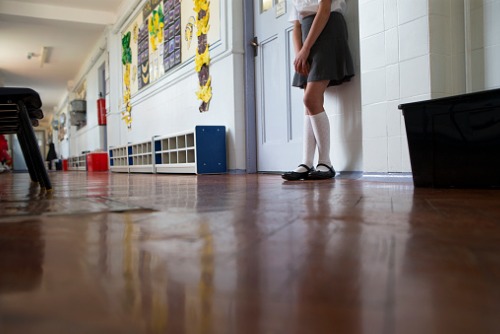
A growing body of evidence suggests that a new approach to dealing with students’ anti-social behaviour might be needed.
According to Professor Sally Varnham of the University of Technology Sydney (UTS) and Professor Joan Squelch of The University of Notre Dame Australia, say approaches to anti-social behaviour should focus on more than just suspension and expulsion.
“US research evidences that young people who are forced out of school even short term fall behind in their studies, may often drop out of school altogether, and fall into the criminal justice system” said Professor Varnham.
“Although there is no research documenting this path in Australia, it would be unrealistic to imagine that it is immune.”
As such, says Professor Varnham, Australian educators are starting to look at restorative measures designed to change school cultures
“Restorative practice is based on the need to build positive learning environments reinforced by constructive relationships, trust, self-discipline and accountability,” she said.
“It shifts the focus from punishment and retribution to offending students taking responsibility for their actions to rebuild impacted relationships.”
Aspects of restorative practice gaining traction in Australian schools include “circles”, peer mediation and conferences.
Circles” usually occur in small groups or classes to have open discussion of behavioural issues which are affecting them all, while peer mediation involves students sitting with a neutral mediator to identify issues and agree to a resolution.
“The rationale behind peer mediation in schools is that it is a more constructive problem-solving approach, empowering students to work out differences and to work towards solutions on their own,” Professor Varnham said.
“Conferences bring together all involved with the aim of clarifying what occurred and collectively provide a solution. These can range from a small meeting to address student wrongdoing to the whole-school community if a serious wrongdoing or an epidemic of the problem has occurred.”
Professor Varnham said restorative practices are ultimately about conflict resolution and relationship-building in the school community generally.
“They aim to reduce anti-social behaviour, conflict, and disciplinary issues by changing school cultures,” she said.


